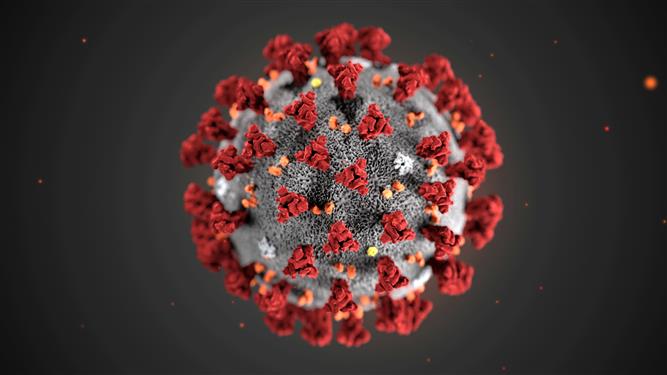
Photo for representation only. Source: iStock.
Houston, October 17
Scientists have laid out an approach to block a protein that the novel coronavirus uses to cut and disable crucial components of the immune system and to produce copies of itself, an advance that may lead to new drugs against COVID-19.
The researchers, including those from the University of Texas Health Science Center at San Antonio (UT Health San Antonio) in the US, developed two molecules that inhibit the molecular "scissor" enzyme used by the coronavirus called SARS-CoV-2-PLpro.
According to the study, published in the journal Science, SARS-CoV-2-PLpro promotes infection by sensing and processing both viral and human proteins.
"This enzyme executes a double-whammy," said study senior author Shaun K. Olsen, associate professor of biochemistry and structural biology at UT Health San Antonio.
"It stimulates the release of proteins that are essential for the virus to replicate, and it also inhibits molecules called cytokines and chemokines that signal the immune system to attack the infection," Olsen said.
SARS-CoV-2-PLpro cuts human proteins ubiquitin and ISG15, which help maintain protein integrity by acting like a molecular scissor, he explained.
The scientists developed the inhibitors, which are very efficient at blocking the activity of SARS-CoV-2-PLpro, yet do not recognise other similar proteins in human cells.
"This is a critical point: The inhibitor is specific for this one viral enzyme and doesn't cross-react with human enzymes with a similar function," he added.
The researchers said this specificity would be a key determinant of the therapeutic value of the approach.
When the scientists compared SARS-CoV-2-PLpro against similar enzymes from coronaviruses of recent decades such as the 2002-03 SARS pandemic virus, they learned that it processes ubiquitin and ISG15 much differently than its counterpart.
"One of the key questions is whether that accounts for some of the differences we see in how those viruses affect humans, if at all," Olsen said.
By understanding similarities and differences of these enzymes in various coronaviruses, the researchers said it may be possible to develop inhibitors that are effective against multiple viruses.
Olsen said these inhibitors could also be potentially modified when other coronavirus variants emerge in the future. PTI
Join Whatsapp Channel of The Tribune for latest updates.



























